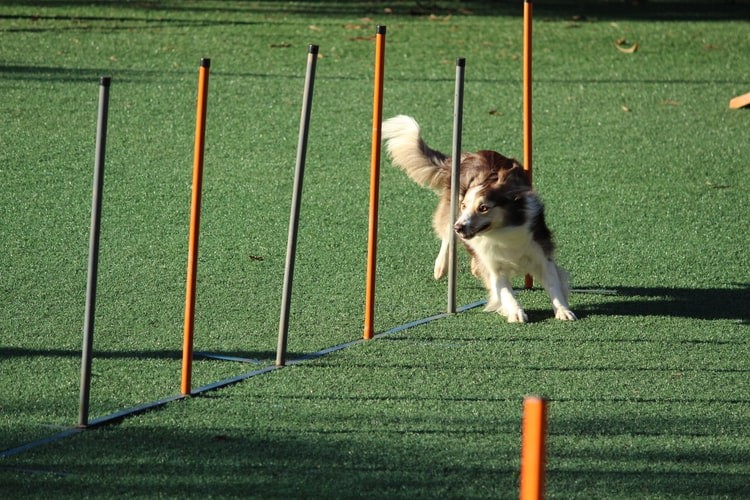"There are no bad dogs, only bad owners," that's the claim many dog owners use when arguing whether or not it's the owner that should be accountable for the actions of his/her pet.

Training and conditioning a dog, or any tameable pet in that regard, is the best way to keep their beloved canine companions on their best behavior. Be it for extreme tricks to perform to an audience or just the simple sit, stay, shake and, behave commands, training can really help the dogs and their owners in learning how to interact with each other and their surroundings.
However, despite intense training and dedication, there are still some dogs that can "get off the leash" and go out of control. This prompts the argument on who should be liable, the dog or the owner. And a study points out the accountability to the owner.
The study suggested that the results of the training of a problematic pup may depend on the owner's behavior and personality. The "bond" between the human and the dog is also taken into consideration.
How the study was proven
To better understand what it takes to correct problem dog behavior, a team at PennVet lead by Lauren Powell recruited 131 dog-owner pairs to attend a six-month veterinary behavioral program.
Owners were asked to fill out a human personality assessment questionnaire and dog behavior questionnaire at the start of the study. The dog behavior questionnaire was to be filled out again at three and six months into the study. Seventy-five pairs completed the research.
The researchers found that factors that affected behavioral therapy success included the dog's age, sex, and size. At the end of the program, big dogs with aggression problems showed more improvement than smaller dogs. That may be because owners might be more attuned to the larger dogs' behavior because they present more safety risk, Powell said.
"Extroverted owners were more likely to see improvements in dogs' fearful behaviors, and introverted owners less so," said Powell, lead author of the study published recently in Frontiers in Veterinary Science. "Introverted owners may find it tough to leave their dog or give it space if it is required as part of the dog's treatment."
Read also: Treating Pets with Separation Anxiety: What to do to Keep Your Pets Feel Emotionally Safe
Owner-Dog Attachment Research
Dogs are the most common companion animal in the United States, with a canine population of approximately 77 million.
The human and canine relationship can affect canine behavior problems, although their influence on the dog's response to veterinary behavioral treatment remains unclear.
This study aimed to investigate the possible associations between canine behavior following the clinical intervention and canine demographic characteristics, owner personality, and owner-dog attachment.
How will this study affect the relationship between dog and man?
For years, humans and canines have shown how a strong bond can improve both species' chances of survival. Suppose more studies like Powell's are conducted.
In that case, the scientific community can look for ways to improve the already stable relationship into something even stronger, especially now that the dog-man relationship goes deeper than hunting partners.
© 2026 NatureWorldNews.com All rights reserved. Do not reproduce without permission.





